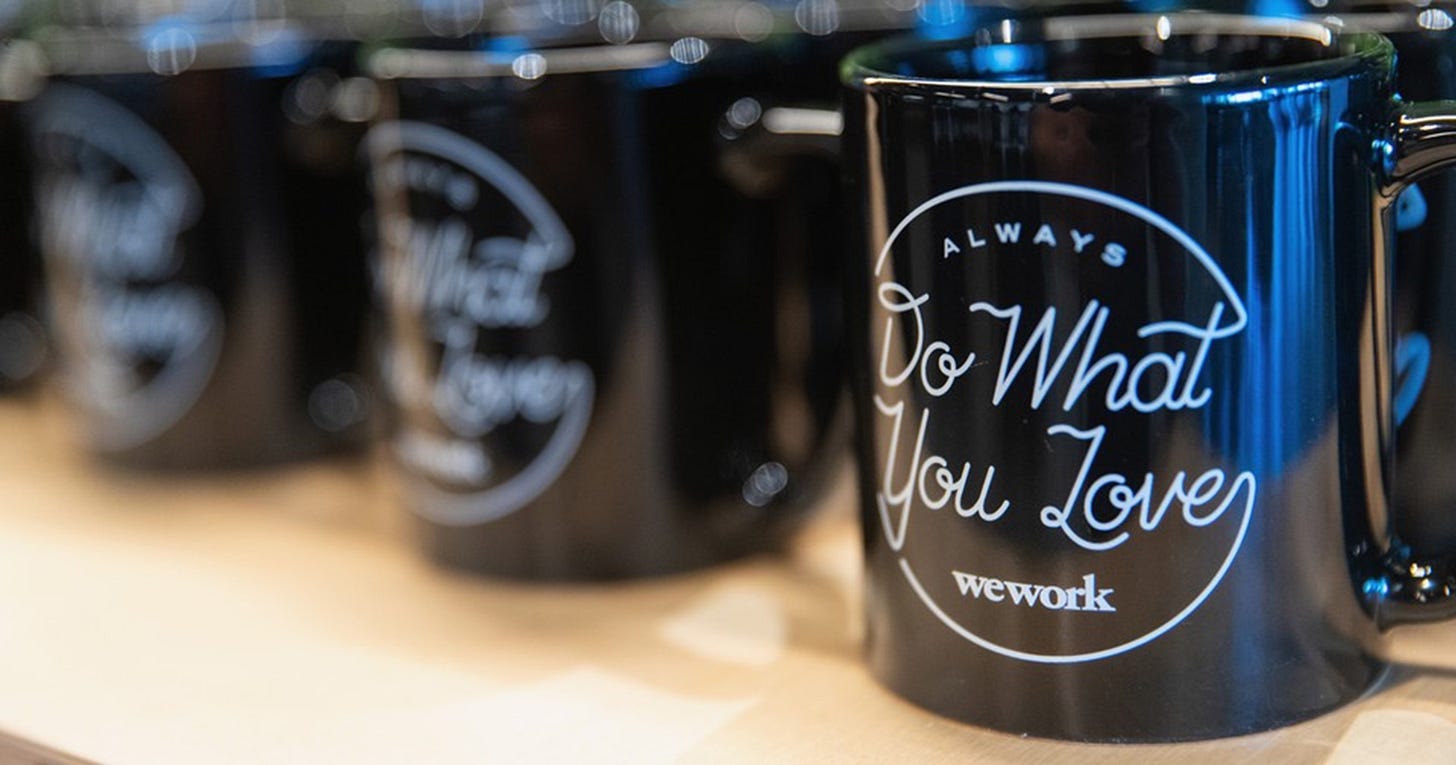
If you didn’t have to work, what would you do with your time?
Although we might offer a glib response, many of us struggle to give a compelling answer to this question.
Work is obviously central to our lives. For many, it is a main source of purpose. It is often a core part of our identity and a foundation on which our social status rests. It seems to offer community and personal development. It brings a feeling of importance, of asserting our existence in the world. To remove work would be to leave a hole that holidays, golf outings or yoga retreats would fail to fill.
These expectations for work are a modern phenomenon
This is a lot for one vessel to hold. Especially one that wasn’t designed for these purposes. Until recently, employment was largely an economic exchange – my time and skills in return for your money. But many of us now expect much more.
This is particularly true for those at the upper end of the labour market. Here, earning power exceeds real needs. But unlike top earners of the past, the modern elite don’t seek to reduce their working hours. Instead, rich, college-educated people now work much longer hours than their counterparts did several decades ago. They also work even more than lower-income earners, a reversal of the historical trend.
This all seems to contradict basic economic logic. If you’ve loads of money, why are you working even more? But it can be understood by recognising that the primary motivation for all this work is not more money. It is attaining higher-level goods: things like status and self-actualization.

Why we increasingly look to work for these goods is important, and something I will dive into in a later post.
For now, though, it’s important to recognise that employers have both responded to and encouraged this shift. Rather than competing over levels of pay, companies now battle to position themselves as leading conduits for personal development and social impact. Terms like “growth”, “purpose” and “impact” are littered across the career pages of prestigious employers like Apple or McKinsey. Even the world’s largest tobacco company promises that employees “can make an impact that will last for generations”.
All of this is easy to mock, but it reinforces the idea that these are the kind of things we should seek in our work. It also highlights how deeply embedded these expectations already are.
These sky-high expectations create problems
Of course, some people do realise this deep fulfilment from work. As well as providing a healthy income, their work offers challenges, excitement, and social impact. However, this potential jackpot seems to have become the expectation: work should be deeply meaningful, or we’re doing it wrong. This way of thinking is encouraged by those who have reached the pinnacle of work-based success. As Steve Jobs famously told a class of Stanford graduates: “You've got to find what you love... If you haven't found it yet, keep looking.”
This mindset creates two main problems. Firstly, these towering expectations inevitably leave many dissatisfied. When we’re expected to love work, a pretty good job seems inadequate. It feels like we’re selling ourselves short. Perhaps more importantly, though, this thinking leads us to neglect other avenues of fulfilment. We pour so much of our time, energy, and attention into work, that there’s little left for anything else.
Some diversification might help
The world of finance may offer one potentially wiser approach. Not when it comes to attitudes towards work, of course. Rather, in finance it is widely recognised that portfolios should be diversified. We should have multiple different (uncorrelated) investments to be confident of a steady return.
A similar approach in our personal lives seems like it could help. This means cultivating other things that excite us, challenge us, and energise us. Other avenues for community, personal development, and improving the world around us. What this looks like varies by person. For me, after a few years of leaving other interests to languish, it currently involves pursuing various creative projects (including writing regularly) and becoming more active in local sports clubs. It also includes prioritising friends and family, and just obsessing over work a bit less.
I think this approach still leaves space for ambition in work, but it diversifies the supply of the psychological goods we need. This can boost our resilience, so that a crappy period in work doesn’t send us into an existential funk. Most importantly, it makes work just one part of a rich and varied life.
So, this brings us back to the initial question: if you didn’t have to work, what would you do? A better answer here might be the start of a healthier relationship with work.
I’m a career coach and consultant. You can find out more about me and my work on my website.




